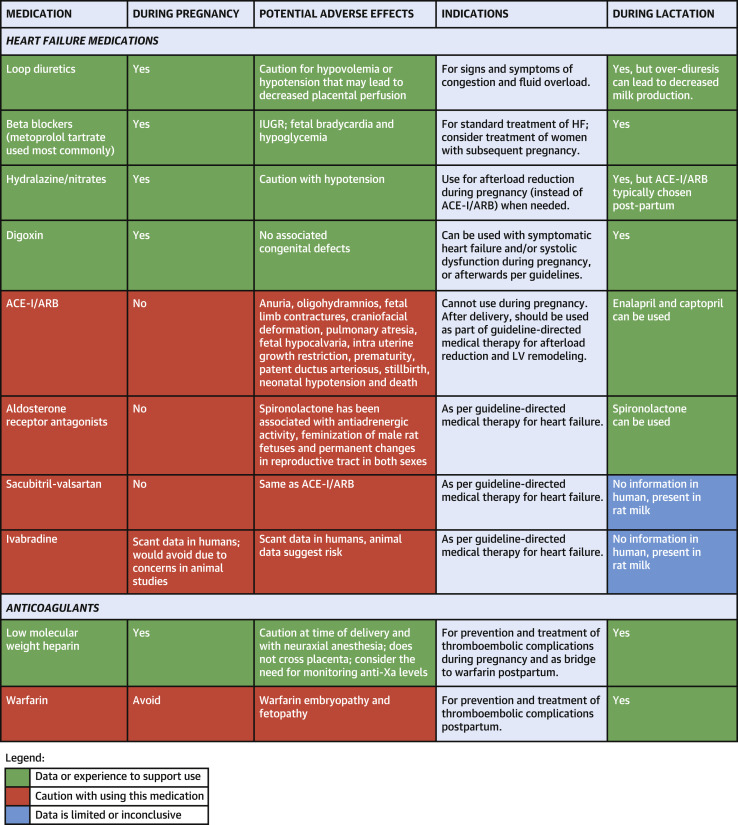Perinatal Cardiomyopathy: Causes, Symptoms, Treatment, and Prevention Guidelines
Perinatal cardiomyopathy is a rare condition where weakness in the heart muscle occurs sometime during the final month of pregnancy through about five months after delivery. It can have mild or severe symptoms. The seriousness of the condition can be measured by the ejection fraction, which is the percentage of blood the heart pumps out with each beat. A normal ejection fraction is about 60%. The degree of severity does not affect the rate of recovery. Some patients with a low ejection fraction can fully recover from perinatal cardiomyopathy. Recovery can occur over a period of six months or longer, but in some cases, the heart can return to full strength in as little as two weeks. Perinatal cardiomyopathy has a relatively high recovery rate compared to other forms of cardiomyopathy. Symptoms of perinatal cardiomyopathy, such as swelling in the feet and legs and shortness of breath, can be similar to the symptoms of the third trimester of a normal pregnancy. Mild cases may go undiagnosed and recover without medical attention. Severe cases can cause shortness of breath and swollen feet. Cardiomyopathy can be detected through an echocardiogram which shows the diminished functioning of the heart.
Continue Reading